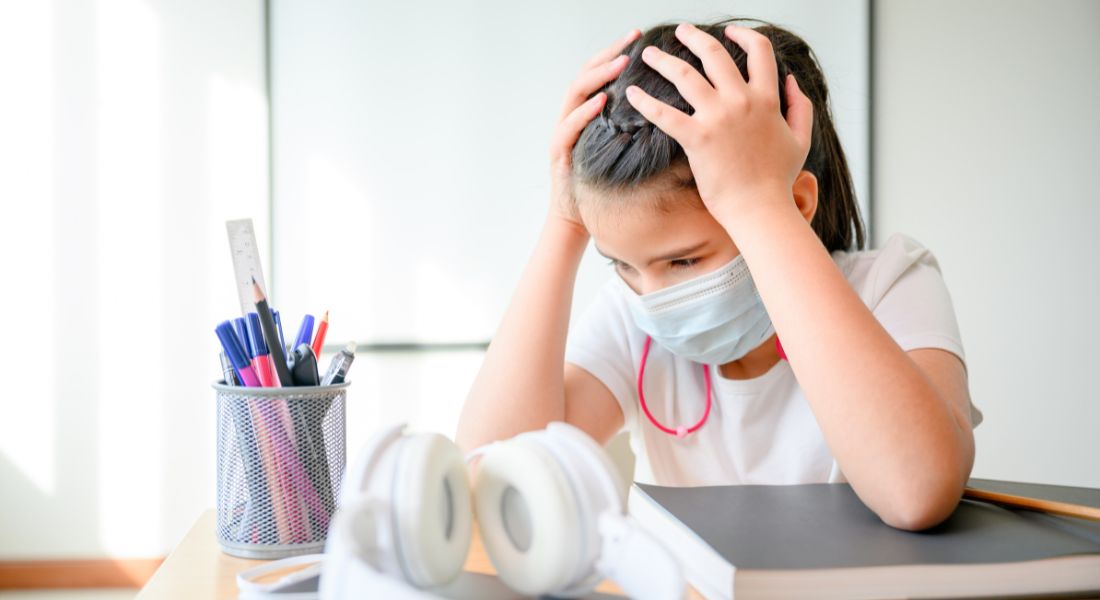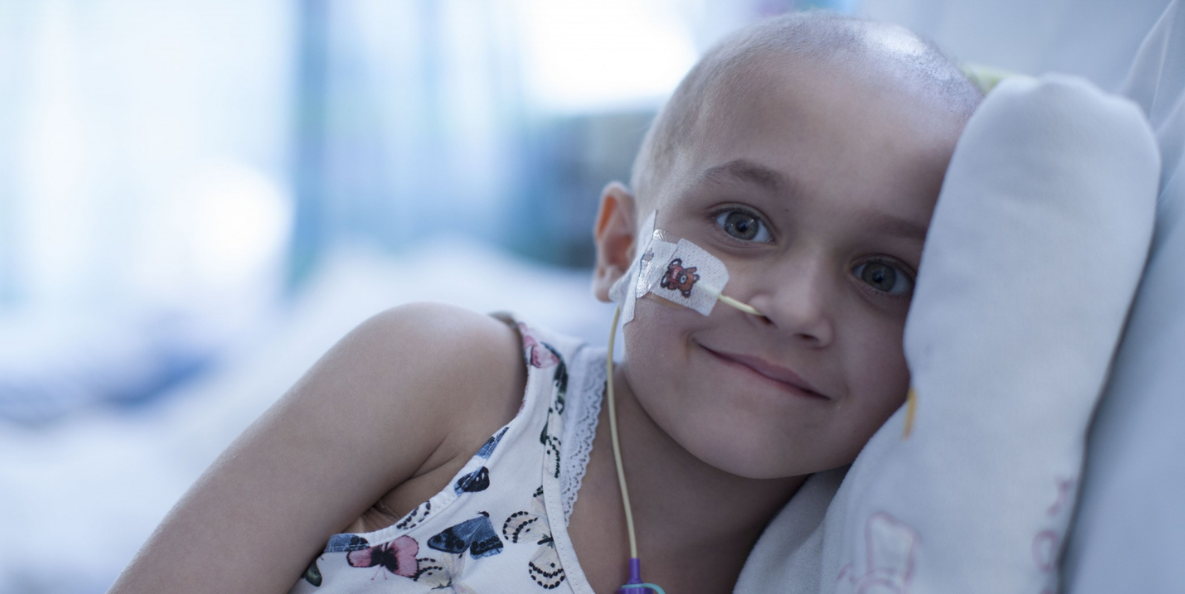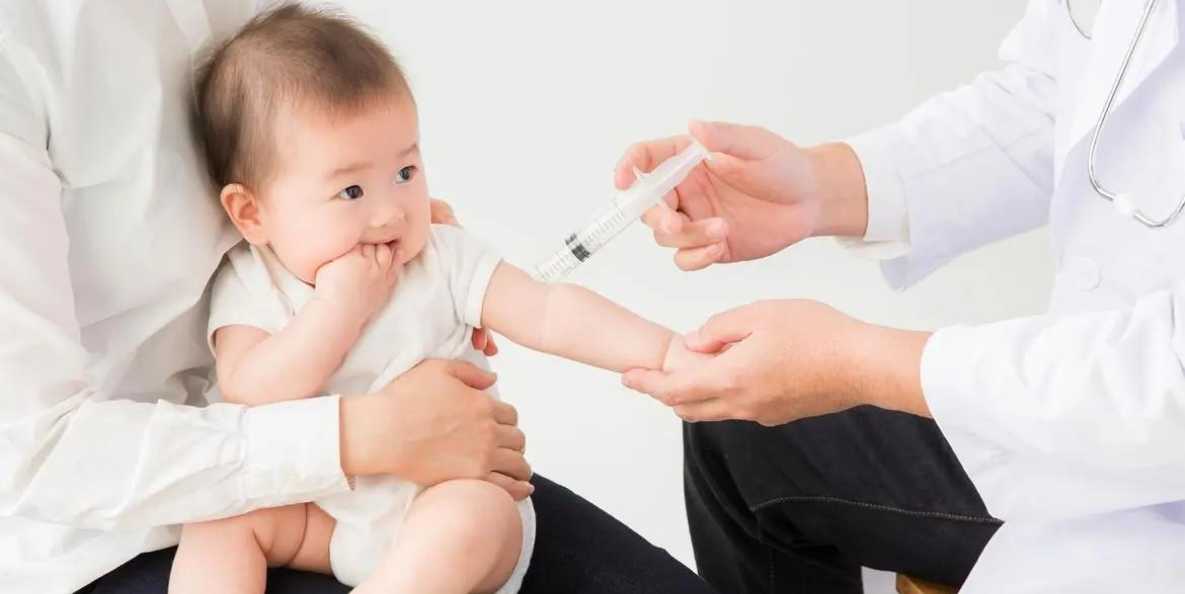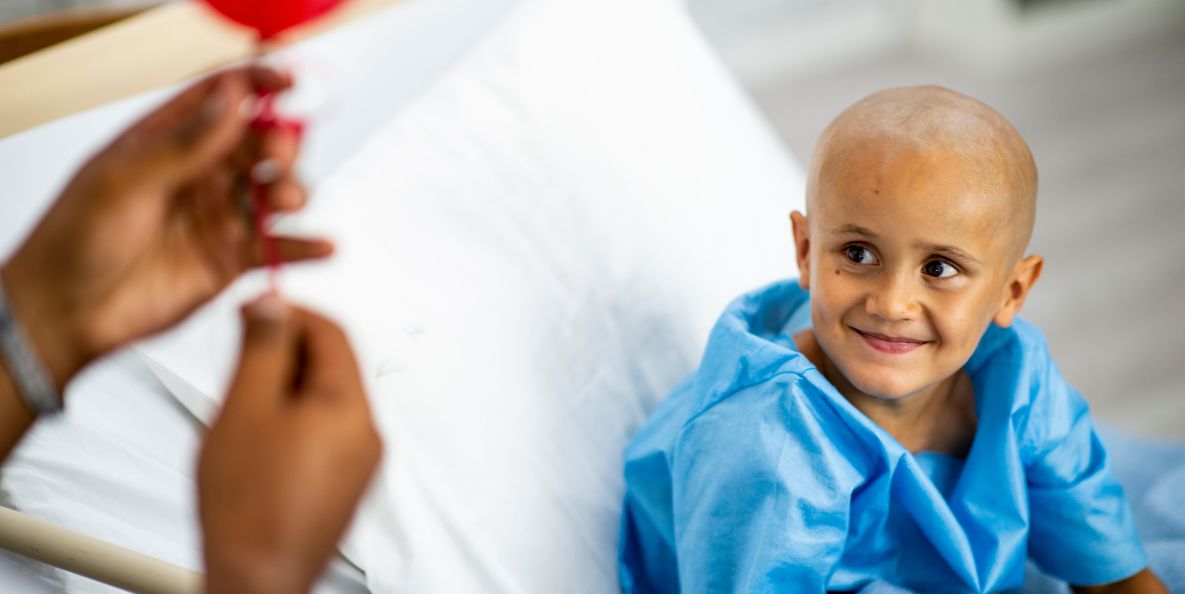Categories
Headaches in children - Symptoms, causes, and treatment
Nov 18, 2022
Headaches in children - Symptoms, causes, and treatment
Headaches are quite common among children and they are typically not much to worry about. Children can develop different kinds of headaches, just like adults, such as migraines and even headaches related to stress. They can develop chronic daily headaches as well.
In certain cases, the cause of headaches in children can be an infection, a minor head trauma, or high levels of anxiety or stress. You should not neglect the headache symptoms of your child. If the headache continues to occur frequently or gets worse, you should consider consulting Rainbow Children’s Hospital where the best pediatric neurologist in Hyderabad are available. Generally, treatment for headaches in children involves pain medications and the incorporation of healthy habits like having a regular eating and sleeping schedule.
Symptoms
The types of headaches a child gets might be similar to what an adult might get, but the symptom might differ a bit. For instance, an adult suffering from migraine experiences pain for at least 4 hours, while a child would experience a shorter duration of migraine pain. Given the difference in symptoms, it is not easy to specify the type of headache a child is experiencing. This is particularly difficult for younger children who are unable to describe symptoms properly.
If a child is experiencing a migraine, he or she may experience symptoms like:
Throbbing, pounding, or pulsating headache
Pain that gets worse upon exerting
Vomiting
Nausea
Abdominal pain
High sensitivity to sound and light
Even an infant may have migraines. If a child is too young to describe their symptoms, they might show signs like crying and holding their heads, thus indicating severe ache. Symptoms of stress-related headaches among children include: Tightness in the neck of head muscles Moderate to mild pain on both sides Pain that gets worse when doing physical activity Headache that is not pulsating and is not accompanied by vomiting or nausea
Such headaches may last for 30 minutes or even several days. A younger child might want to sleep more and not be willing to participate in playing regularly. Cluster headaches are not that common among children below the age of 10 years. There are usually 5 or more episodes of such headaches as they happen in groups. Such headaches may occur even 8 times a day or once every alternate day. It involves sharp and stabbing pain on a single side of the head and they do not last more than 3 hours. They are also accompanied by congestion, teariness, runny nose or agitation, or restlessness. If a stress-related headache or migraine occurs more than 15 days within a month, your pediatric neurosurgeon might consider it to be a chronic daily headache. This type of headache occurs because of a minor head injury, an infection or even taking pain medications too frequently. Treatment Typically, headaches in children can be treated at home with balanced meals, enough rest, reduced noise, sufficient fluid intake, and over-the-counter pain medications. In the case of older children having frequent headaches, managing stress, and learning to relax through various types of therapies might be helpful.
When it comes to over-the-counter pain medications, ibuprofen or acetaminophen can be used for relieving headaches in children. These medications are typically taken when the symptoms initially appear. You need to be cautious when giving aspirin to teenagers or children. While it can be used in children older than 3 years of age, teenagers and children recovering from flu symptoms or chickenpox should never take the medication.
If the migraine is accompanied by vomiting and nausea, an anti-nausea drug may be prescribed as well. The exact medication differs from one case to another. Stress might not cause headaches directly, but it can trigger headaches or even make them worse. Mental health disorders like depression can do the same. Doctors usually recommend behavior therapies in such situations.
Relaxation techniques such as yoga, deep, breathing, progressive muscle relaxation, and meditation can be helpful. Your child can take classes to learn these techniques or even use videos or books to learn at home. Cognitive-behavioral therapy can also help your child in managing stress and reducing the severity and frequency of headaches.
Even an infant may have migraines. If a child is too young to describe their symptoms, they might show signs like crying and holding their heads, thus indicating severe ache. Symptoms of stress-related headaches among children include: Tightness in the neck of head muscles Moderate to mild pain on both sides Pain that gets worse when doing physical activity Headache that is not pulsating and is not accompanied by vomiting or nausea
Such headaches may last for 30 minutes or even several days. A younger child might want to sleep more and not be willing to participate in playing regularly. Cluster headaches are not that common among children below the age of 10 years. There are usually 5 or more episodes of such headaches as they happen in groups. Such headaches may occur even 8 times a day or once every alternate day. It involves sharp and stabbing pain on a single side of the head and they do not last more than 3 hours. They are also accompanied by congestion, teariness, runny nose or agitation, or restlessness. If a stress-related headache or migraine occurs more than 15 days within a month, your pediatric neurosurgeon might consider it to be a chronic daily headache. This type of headache occurs because of a minor head injury, an infection or even taking pain medications too frequently. Treatment Typically, headaches in children can be treated at home with balanced meals, enough rest, reduced noise, sufficient fluid intake, and over-the-counter pain medications. In the case of older children having frequent headaches, managing stress, and learning to relax through various types of therapies might be helpful.
When it comes to over-the-counter pain medications, ibuprofen or acetaminophen can be used for relieving headaches in children. These medications are typically taken when the symptoms initially appear. You need to be cautious when giving aspirin to teenagers or children. While it can be used in children older than 3 years of age, teenagers and children recovering from flu symptoms or chickenpox should never take the medication.
If the migraine is accompanied by vomiting and nausea, an anti-nausea drug may be prescribed as well. The exact medication differs from one case to another. Stress might not cause headaches directly, but it can trigger headaches or even make them worse. Mental health disorders like depression can do the same. Doctors usually recommend behavior therapies in such situations.
Relaxation techniques such as yoga, deep, breathing, progressive muscle relaxation, and meditation can be helpful. Your child can take classes to learn these techniques or even use videos or books to learn at home. Cognitive-behavioral therapy can also help your child in managing stress and reducing the severity and frequency of headaches.











